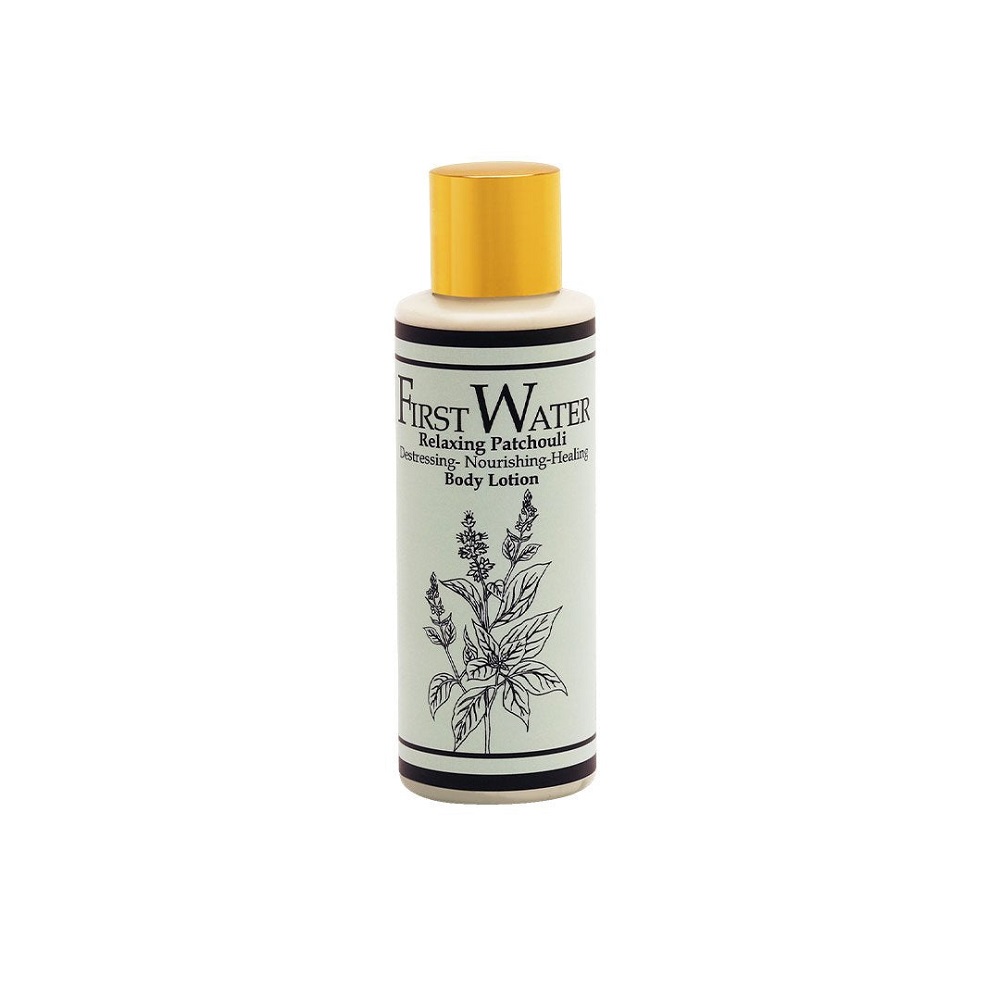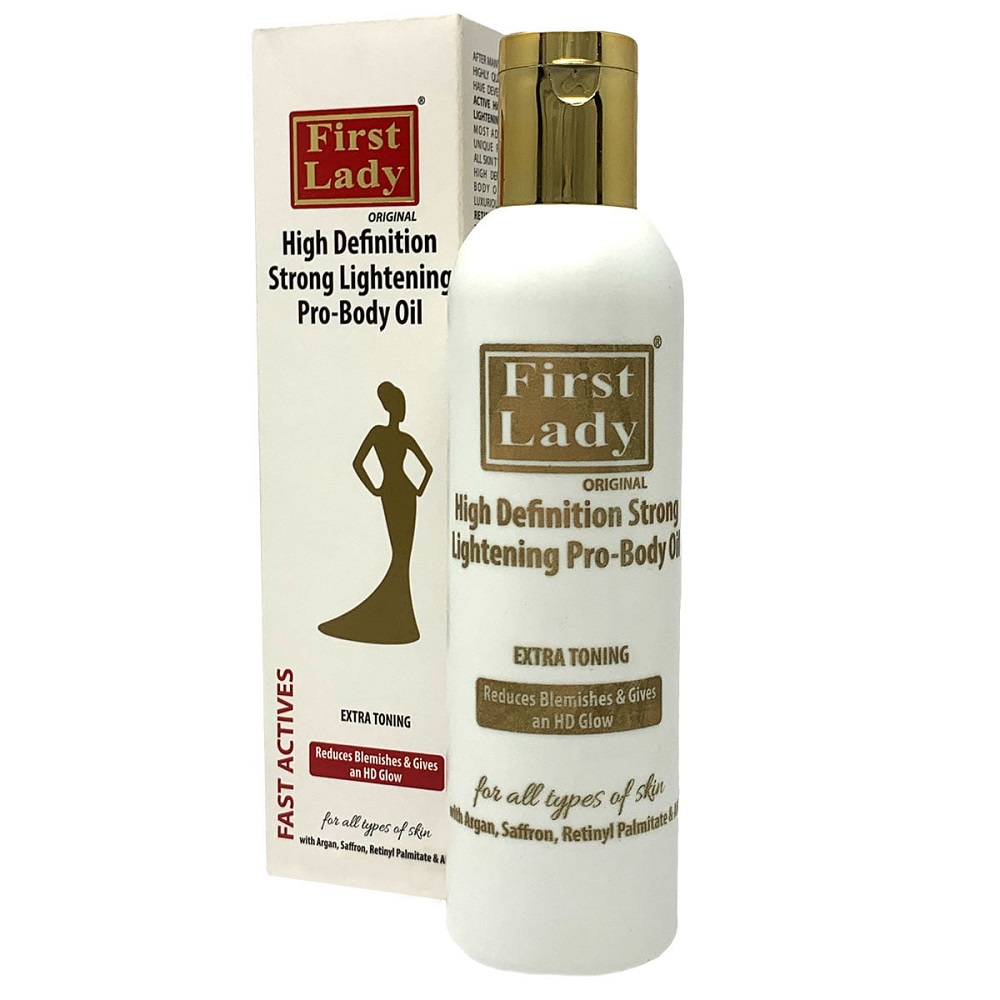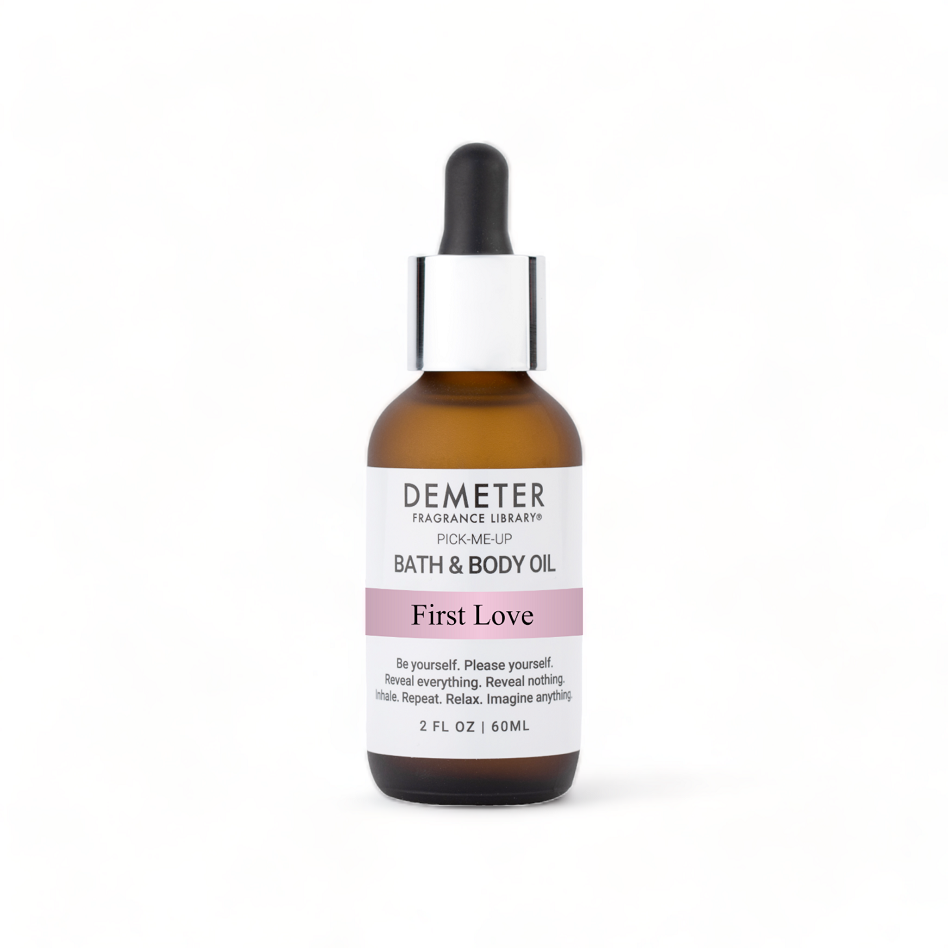When it comes to skincare, body oil and lotion are two essential products that everyone should consider incorporating into their routine. Both serve important functions, from moisturizing dry skin to enhancing your natural glow. This article will explore the differences, benefits, and how to choose the right product for your needs.

Understanding Body Oils and Lotions
What is Body Oil?
Body oil is a blend of oils used to hydrate and nourish the skin. It often comes in a bottle or pump. Many ingredients can make up body oil. Common choices include jojoba oil, almond oil, and coconut oil. These oils provide hydration and lock in moisture. When applied, body oils are absorbed quickly, leaving your skin feeling soft and smooth.
One of the key features of body oils is their ability to penetrate the skin deeply. This helps improve elasticity and provides essential nutrients. Because they are oil-based, they provide a protective barrier. This is especially helpful in dry climates or during winter months when skin can easily become dehydrated.
What is Body Lotion?
Body lotion is a creamy or liquid moisturizer designed to hydrate the skin. It usually contains a mix of water, oils, and emulsifiers. The water content helps hydrate, while the oils provide moisture. Lotions tend to be lighter than oils and can spread easily over the skin.
Lotions are versatile. You can use them daily, and they are great for all skin types. They absorb quickly and leave a non-greasy, velvety finish. Many people prefer lotions for daytime use. They can be layered under clothing without feeling sticky.
Benefits of Body Oils
Deep Hydration
One of the biggest advantages of using body oil is deep hydration. Oils are rich in fatty acids that penetrate the skin more effectively than water-based products. This means that body oils can help restore the skin’s moisture barrier. As a result, your skin remains hydrated for a longer time.
Using body oil right after a shower or bath is particularly effective. Your pores are open, making it easier for the oil to be absorbed. This locks in moisture effectively. It creates a lasting barrier that keeps dry air from affecting your skin.
Enhanced Skin Elasticity
Another remarkable benefit of body oils is their ability to improve skin elasticity. Ingredients like vitamin E and fatty acids help to nourish the skin and promote healthy cell regeneration. This can make your skin appear firmer and healthier.
Regular use of body oil can also minimize the appearance of stretch marks. While it may not eliminate them completely, consistent application can help them fade over time. People often find that their skin feels more supple and resilient after using oils regularly.
Benefits of Body Lotion
Light Moisturization
Body lotion provides a lighter moisturizing option for those who prefer something less greasy. The water content in lotion makes it versatile for daily use. It works well for people with oily skin or who live in humid climates.
Lotion can easily be applied throughout the day. A quick rub of lotion on your hands or elbows can instantly refresh your skin. Many people find that the quick-absorbing nature of lotion suits their lifestyle better.
Added Benefits
Many lotions come with additional benefits. You can find lotions infused with natural ingredients like aloe vera or shea butter. These provide added nourishment and can help soothe irritated skin. Some lotions also contain fragrances, giving you a delightful sensory experience.
Protection from the Elements
Lotions can also form a protective barrier. This is essential during harsh weather conditions, such as cold winds or intense sun. Many body lotions contain SPF to provide sun protection. Using a body lotion with SPF daily helps protect your skin from harmful UV rays, which may lead to premature aging and skin damage.
Choosing the Right Product for You
Skin Type Matters
When you’re deciding between body oil and lotion, consider your skin type. If your skin tends to be dry, a nourishing body oil may be your best option. On the other hand, if your skin is oily or tends to break out, a lightweight lotion could be more suitable.
Ingredients to Look For
Reading the ingredient list is crucial. For body oil, look for natural oils like argan, jojoba, or olive oil. These are known for their moisturizing properties. Avoid oils with synthetic fragrances, which can irritate sensitive skin.
For lotions, check for ingredients like glycerin, hyaluronic acid, or shea butter. These components help maintain moisture. Avoid lotions with alcohol, as this can be drying and irritating.
Application Techniques
The way you apply body oil or lotion can make a difference in their effectiveness. For body oil, warm the oil in your hands before applying it. This helps it spread more easily and absorb better. Focus on areas that tend to be drier, like elbows and knees.
For lotion, use a generous amount and massage it into your skin. This not only helps with absorption but also boosts circulation. Apply lotion while your skin is still damp for added hydration.
Popular Body Oil Options
Almond Oil
Almond oil is rich in vitamins and beneficial fatty acids. It’s great for sensitive skin, as it is gentle and non-irritating. People often use almond oil for massages as well. It glides smoothly over the skin.
Coconut Oil
Coconut oil is well-known for its moisturizing capabilities. It can be used alone or mixed with other oils for additional benefits. Many people love the tropical scent. Coconut oil is solid at room temperature but melts when warmed.
Jojoba Oil
Jojoba oil closely resembles human skin oil. Because of this, it absorbs well and provides deep hydration. It’s especially good for acne-prone skin, as it is non-comedogenic and won’t clog pores.
Popular Body Lotion Choices
Daily Moisturizing Lotions
Daily moisturizers are light and easy to use. They usually contain plenty of hydrating ingredients. Look for options that contain hyaluronic acid. This ingredient draws moisture from the environment into your skin.
Thick Creams for Dry Skin
If your skin is exceptionally dry, consider thicker creams. They contain more oils and provide extra moisture. These creams can create a protective barrier that keeps skin hydrated for longer.
Specialty Lotions
Many brands offer lotions tailored for special needs. For example, some cater to eczema or sensitive skin. Others focus on anti-aging benefits. If you have specific skin concerns, look for lotions formulated with targeted ingredients.
How to Incorporate Body Oil and Lotion into Your Routine
Morning Routine
Start your day by showering and exfoliating your skin. After that, apply body lotion to seal in moisture. This is helpful before getting dressed. If you prefer oil in the morning, use a light formula that absorbs quickly.
Evening Routine
At night, consider using body oil after a shower. This allows for deep hydration while you sleep. Apply it to damp skin for best results. If you feel your skin getting dry during the night, you can also apply lotion afterward for extra moisture.
Seasonal Considerations
Your skincare routine can vary by season. During colder months, richer body oils and creams work well. In contrast, lighter lotions might suffice during hot months. Adjust your selections based on your skin’s hydration needs.
Conclusion
Choosing between body oil and lotion comes down to personal preference and skin type. Both serve unique functions in helping to maintain healthy, hydrated skin. Knowing the benefits of each product will help you make informed decisions. When used correctly, these products will enhance your skincare routine and keep your skin feeling soft and nourished throughout the year. Whether you choose the deep hydration of body oil or the lightweight formula of lotion, you are on the right path to better skin health.


